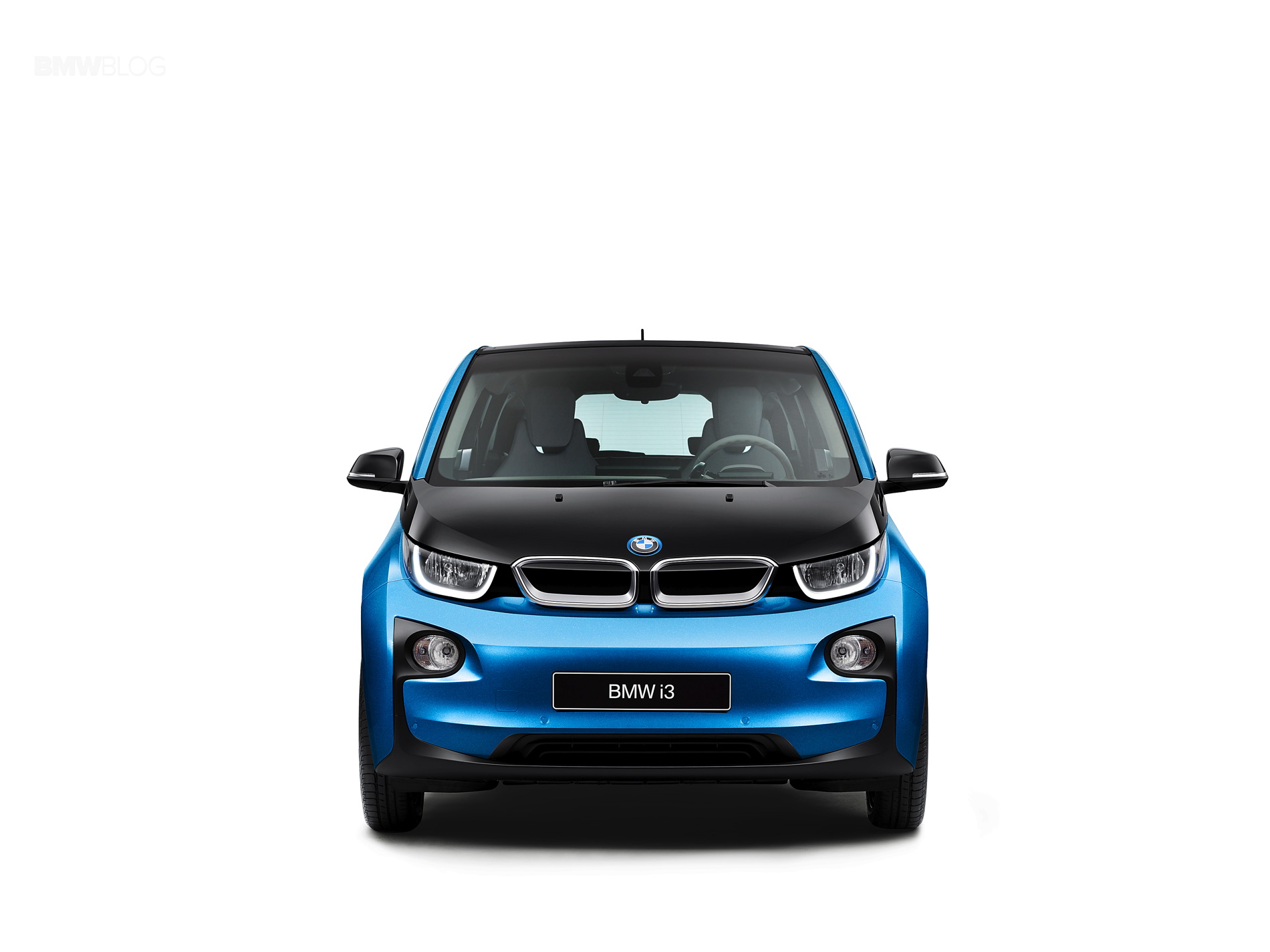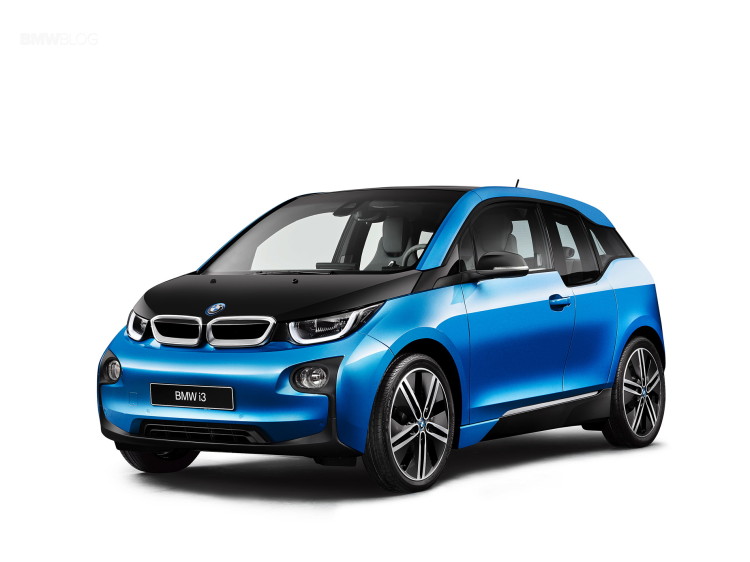We recently learned that the BMW i3 would be receiving a new, higher-density battery that will give it a pure BEV (Battery Electric Vehicle) range of 114 miles, 34 more than before.
The new battery will be the same size as the old battery and fit perfectly into the same tray. It will weigh a bit more, though, but not enough to decrease performance any. So, considering its new bump in range, how does the new BMW i3 stack up against its competitors?
The BMW i3’s oldest competitor, the Nissan Leaf, wasn’t as good of an EV as the pre-updated i3. So the new one pretty much cleans the floor with the Leaf. The Nissan Leaf did receive an update in range itself, recently, bumping its total EV range to 107 miles. This surpassed the old BMW i3’s 81 or so miles, but the new i3’s 114 miles bests the Nissan. Range aside, though, and the BMW i3 is the far superior car, with better build quality, better technology, more interior space, better handling and far superior performance. It’s just head and shoulders above the Leaf.
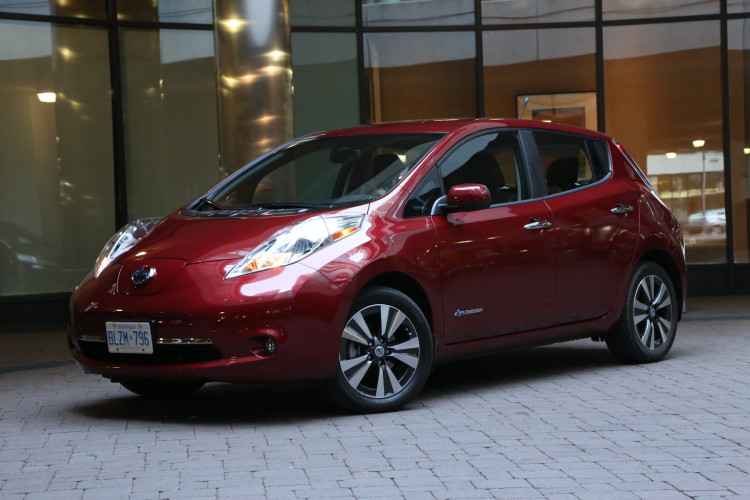
The i3’s toughest true competitor comes from Chevy, with its new Bolt. The Chevy Bolt is a very impressive EV on paper, as it packs a claimed 200 miles of range, a 0-60 mph time of under 7 seconds (besting the BMW i3’s 7.3) and a 90 mile recharge time of just 30 minutes (the new i3 can do 80 miles in 40 minutes). The Chevy Bolt also offers a lower starting price than the BMW i3, $37,000 compared to the i3’s $42,400. We can’t comment on driving dynamics or interior quality, as the Bolt hasn’t debuted yet, so we can only compare how they stack up on paper. And on paper, the Chevy Bolt offers a package that could put a damper on the new BMW i3’s parade.
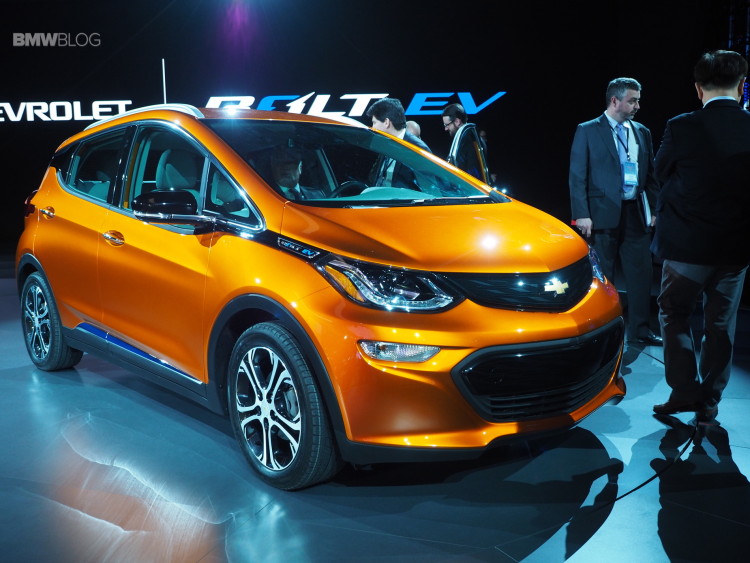
While there’s currently no Tesla product that directly competes with the BMW i3, as the Model S and Model X are far more expensive than the i3, about double actually. However, the Silicon Valley-based brand is in the process of creating its ever-so popular Model 3 which will compete in terms of price. While we don’t know too much about the Model 3, we do know that it will be considerably cheaper than the i3, with a starting price of $35,000, have a 0-60 mph time of around 6 seconds and have a range of around 215 miles. While those numbers are all superior to the i3’s, the Model 3 is still at least two years away, so we’ll see what happens with BMW, as well as other competitors, when it finally debuts.
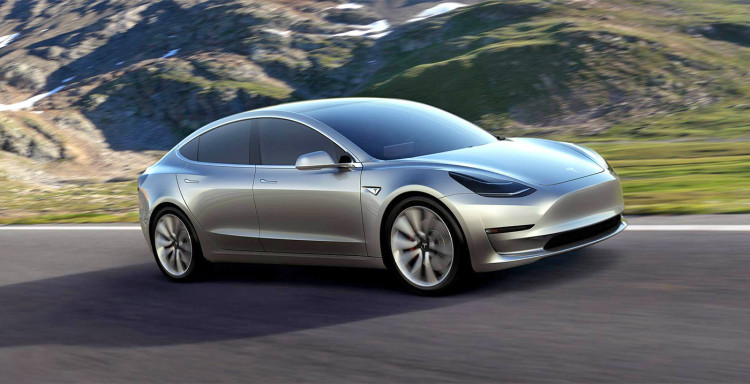
Overall, the BMW i3 has increased its range and made itself a better EV, but it’s still down a bit on range versus its competitors. Although, the BMW i3 is targeted at the sort of city living that doesn’t require such a far range and can perfectly make due of its 114 miles. Plus, its carbon-fiber design, quirky interior and superior driving dynamics make it an EV that separates itself from the rest of the crop in a different way. The new BMW i3 has improved dramatically, but it’s clear that the other competitors in its class are proving to be very tough competitors indeed.


